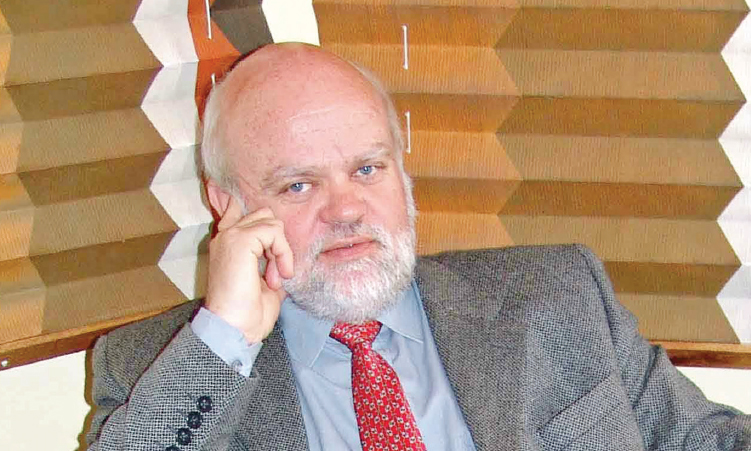Winter and all other seasons come and go every year.
And so too does graduation season in Windhoek, with the telltale sign of its arrival the vehicles congesting the southern access and exit route of the capital city.
Depending on the time of day motorists pass by the venue, a place which seemingly is used by all tertiary educational institutions for their graduation ceremonies, one observes hundreds of students decked out in their academic regalia with proud parents in tow.
Especially congested is the section of the road running parallel to Eros airport’s runway.
Clever motorists residing on the southern side of Windhoek know they must avoid using their usual routes into the city.
Smart motorists, however, know that to avoid spending unproductive time in a traffic jam, they must plan their journey into the city by finding and then using an alternate route.
The pundits say clever people are good at problem-solving, as they think quickly and come up with creative solutions, whereas a smart person is naturally intelligent and good at planning, strategising and making decisions.
Apparently, a smart person focuses more on quick thinking and then put their problem-solving ability, of which they have an abundance, into practice.
The experts say the focus of a clever individual tends to lean more towards knowledge accumulation, skill gaining and the expression of creativity.
Examples often used to categorise clever people are inventor, artist, scientist and mathematician Leonardo da Vinci and physicist, mathematician and astronomer Isaac Newton, known for his work on gravity and motion.
In turn, prime examples cited when it comes to smart people are Bill Gates, the founder of Microsoft and one of the world’s richest people, and the late Steve Jobs, co-founder of the tech giant firm, Apple.
Closer to home, another person considered smart, is the Pretoria-born Elon Musk, founder of Tesla Motors and SpaceX.
An incredibly wealthy individual, engineer and entrepreneur, Musk has certainly changed the way the world views transportation and energy.
British journalist, musician and broadcaster Miles Kington, known for his daily column in leading English newspaper The Independent for over 20 years, is credited for inventing a fictional language, Franglais, which is made up of a combination of English and French words.
Yet, Kington is more widely known and acknowledged for his quote: “Knowledge is knowing that a tomato is a fruit. Wisdom is not putting it in a fruit salad.”
Not attributed to Kington, there are other quirky quotes that aptly describe knowledge and wisdom.
These are: “wise people are not always silent, but they know when to be” and “you must unlearn what you have learned”, as well as the sage advice “when nothing goes right, go left”.
But in my book of life’s lessons, the two quotes that rank above all are: “Truth is still truth even if no one believes it. A lie is still a lie, even if everyone believes it” and “great minds discuss ideas, average minds discuss events and small minds discuss people.”
Going back to Kington’s putting a tomato in a fruit salad quote, based on my learnings on life’s journey, methinks it is better to be smart than clever.
- Danny Meyer is reachable at danny@smecompete.com
Stay informed with The Namibian – your source for credible journalism. Get in-depth reporting and opinions for
only N$85 a month. Invest in journalism, invest in democracy –
Subscribe Now!






